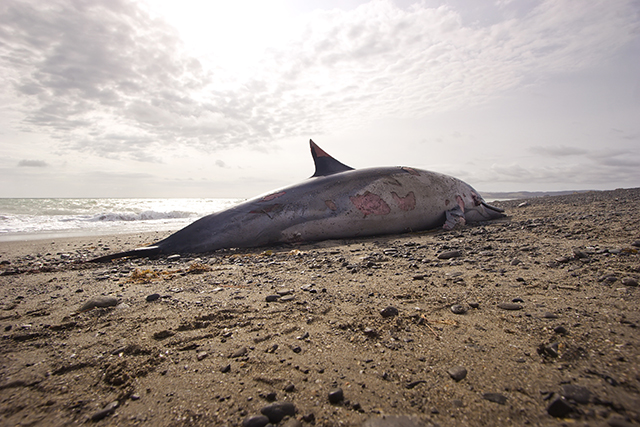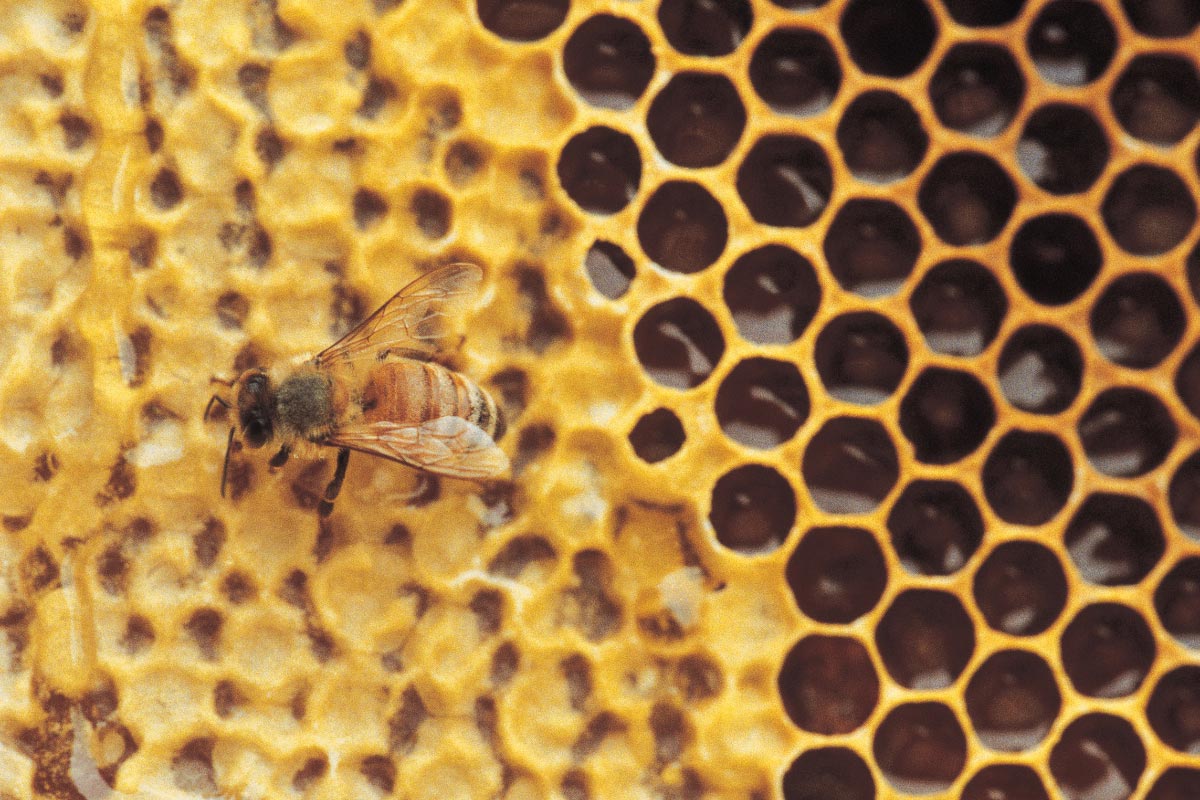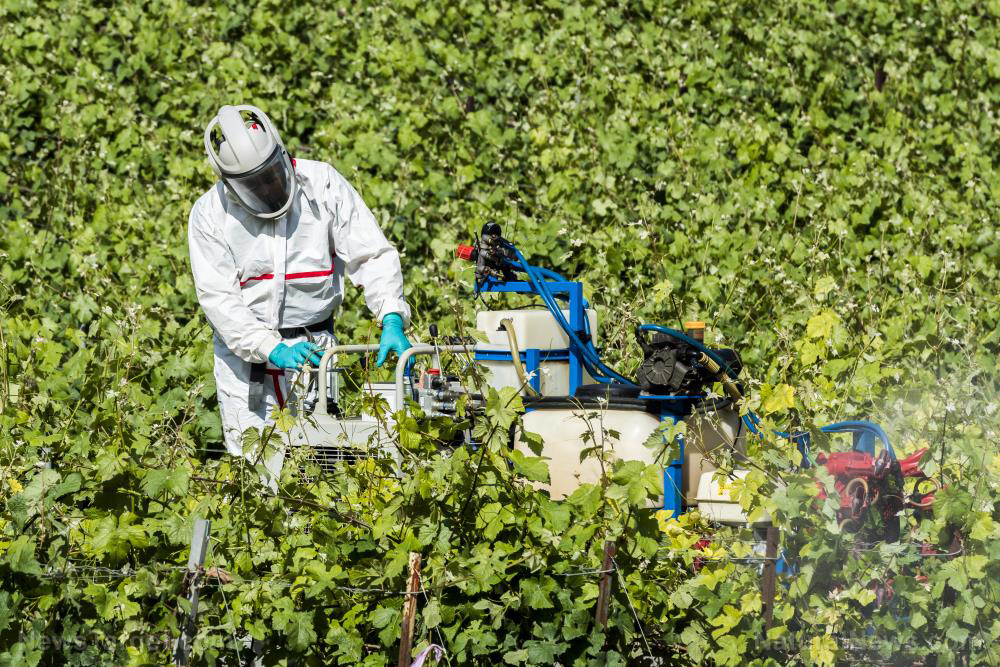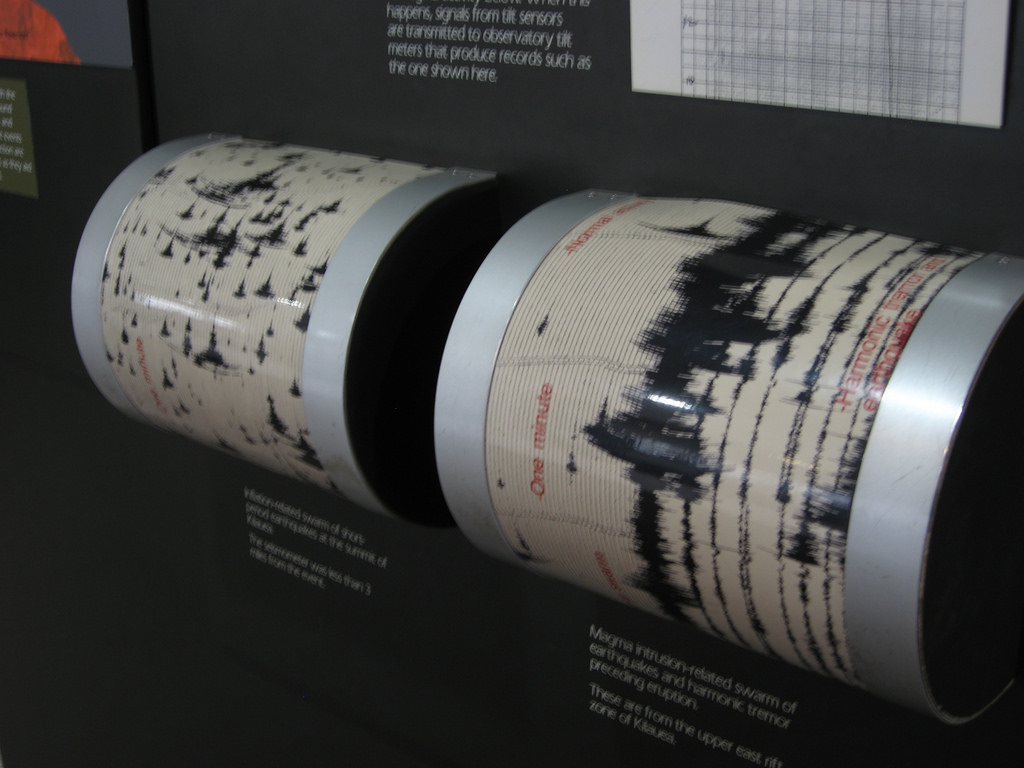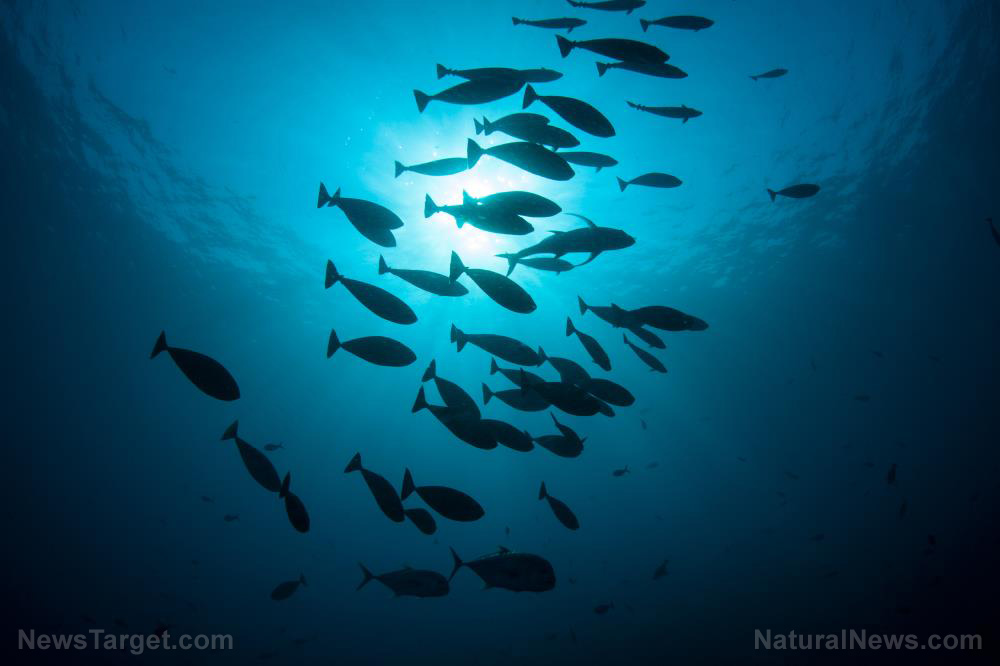Beijing selling tainted, heavy metal-laced fish to Kenya – report
08/20/2020 / By Michael Alexander
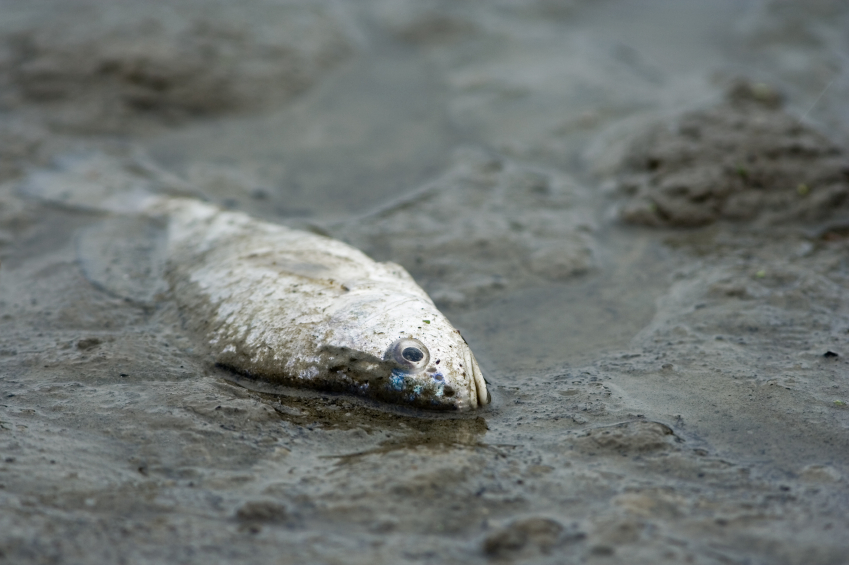
Beijing is selling tons of fish containing high levels of toxins and heavy metals to Kenya, a leading Kenyan newspaper revealed in a study.
According to Kenyan broadsheet The Nation, China has flooded the Kenyan fish market with high volumes of tilapia and other farmed fish for the past three years. This congestion, the paper said, has made it virtually impossible for locals to compete with the imports which are being sold at cheaper price points.
Aside from hurting to the African nation’s already beleaguered economy, an investigation conducted in 2018 suggested that the Beijing imports – repackaged together with stocks from Lake Victoria to fool consumers that it had all been sourced locally – have a more insidious effect on the Kenyan population: poor health from heavy metal poisoning. (Related: Half of farmed salmon found to be DEAF due to toxic effects of confined aquaculture.)
This discovery, coupled with a desire to protect the local fishing industry, has prompted Kenyan authorities to impose a ban on the consumption of Chinese fish in late 2018 – a move branded by Beijing, through ambassador Li Xuhang, as a “trade war.”
The ban, as reported by the local press, barely lasted through February of that year – the result of immense pressure from Beijing, who threatened to cut off funding for projects under their Belt and Road Initiative. Not helping was an incredibly lax quality control department that “cleared” the Chinese imports of any problems in their heavy metal content despite several tests showing that the fish contained traces of heavy metals that could potentially threaten human health.
Imported Chinese fish highly unsafe
As detailed in their expose, researchers from The Nation bought a 10-kilogram box of imported, farmed tilapia fish which they then brought to the University of Nairobi for testing.
What they found was nothing short of shocking.
According to the researchers, the fish they bought contained dangerous pesticides, including the highly-toxic phosalone, which was detected at 0.07 parts per million (ppm). This amount, the researchers said, is seven times more than its maximum allowable limit which is pegged at 0.01 ppm.
The imported fish were also found to contain other pesticides, such as tolyfluanid, which was detected at 0.022 ppm; deltamethrin, which was detected at 0.026ppm; acrinathrin, which was found at concentrations amounting to 0.005ppm and tebufenpyrad, which was detected at 0.001ppm.
The report stated that these pesticides can cause several health problems such as cancers, mouth ulcerations, dysphagia and abdominal pain once ingested.
Aside from pesticides, the fish from China were also found to contain excessive amounts of several heavy metals.
According to the paper, the tilapia from Beijing contained 42.7 ppm of lead – 427 times the 0.1ppm limit set by both the Food and Agriculture Organization and the World Health Organization.
An extremely toxic element, excessive amounts of lead can decrease mental ability, damage the nervous system damage and impede physical development in children. It is also known to cause high blood pressure, anemia, general body weakness, kidney and brain damage and reduced fertility in adults.
In addition, lead is also carcinogenic, which means it can cause cancer and even immediate death when consumed in excessive quantities.
Aside from lead, the same fish samples were also found to have relatively high levels of zinc, although it is still below the prescribed limit of 30ppm.
Excess zinc, according to medical experts, can cause gastroenteritis, a common condition that is characterized by symptoms such as diarrhea and vomiting.
Other metals detected in the imported fish were iron, copper and manganese. However, as per the researchers, these were found to be at relatively safe levels.
According to James Mbaria, a toxicologist and the lead researcher in the project, the fish they sampled for the project was far from being fit for human consumption as it contained heavy metals in amounts that were beyond the prescribed limits.
In their paper, the researchers noted that for products with that level of contamination to reach the market, two possible scenarios must have taken place, with one being that the Kenya National Bureau of Standards, the agency that sets safety standards, failed in carrying out mandated product testings.
The other scenario, the researchers said, is that Chinese importers presented clean fish for testing to get the necessary import certificates, before proceeding to bring in low-quality, tainted fish to the Kenyan market.
Chinese fish now “killing” the Kenyan fishing industry
Aside from the imported fish posing a health risk to its consumers, the unabated importation of fish from Beijing has also caused problems for the Kenyan fisheries industry. These problems compound the fact that the local fish populations in Lake Victoria have been steadily dwindling, an unforeseen effect of the introduction of the highly-invasive Nile perch (Lates niloticus) and Nile tilapia (Oreochromis niloticus) in the 1960s.
In fact, according to recent data, fish harvests from Lake Victoria have effectively declined by 23 percent over the past five years, with the total catch for 2018 amounting only to 98,150 tons, compared to the 128,708 tons notched in 2014.
This decline in fish harvests, authorities said, has caused the value of local freshwater fish to plummet to Ksh19.4 billion or $179,550,897.31USD over that same period.
Fish imports, meanwhile, crossed the Ksh2 billion threshold, or roughly $18,509,150.44 in 2017, with the figure doubling every year.
For Kenyan fishermen, the situation is hopeless, with one fisheries official even noting that if the Chinese imports are not stopped, Kenya’s fishing industry will disappear completely within the next five decades.
Sources include:
Tagged Under: Africa, aquaculture, China, clean food, communist China, deception, farming, fish, fish farms, food science, Kenya, Lead, poison, priority, seafood, tainted food, tilapia, toxins
RECENT NEWS & ARTICLES
COPYRIGHT © 2017 ENVIRON NEWS









